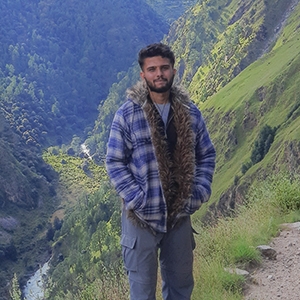Phakding, located in the Dudh Koshi valley of Nepal's Khumbu Region at an elevation of 2,610 meters,a small village, but it plays a vital role in the Everest Base Camp trek. It's more than just a stop to rest, it marks the real start of the journey.
Phakding, home to nearly 580 residents, largely from the Sherpa and Tamang communities, plays a key role in promoting tourism in the region. Numerous small businesses have emerged to support the financial exercises in Phakding. Legendary mountaineers like Sir Edmund Hillary, Tenzing Norgay, and others have passed through Phakding to conquer the world’s highest peak. Their adventures have not only put the area on the global map but they have also contributed to the growth of infrastructure and tourism Phakding.
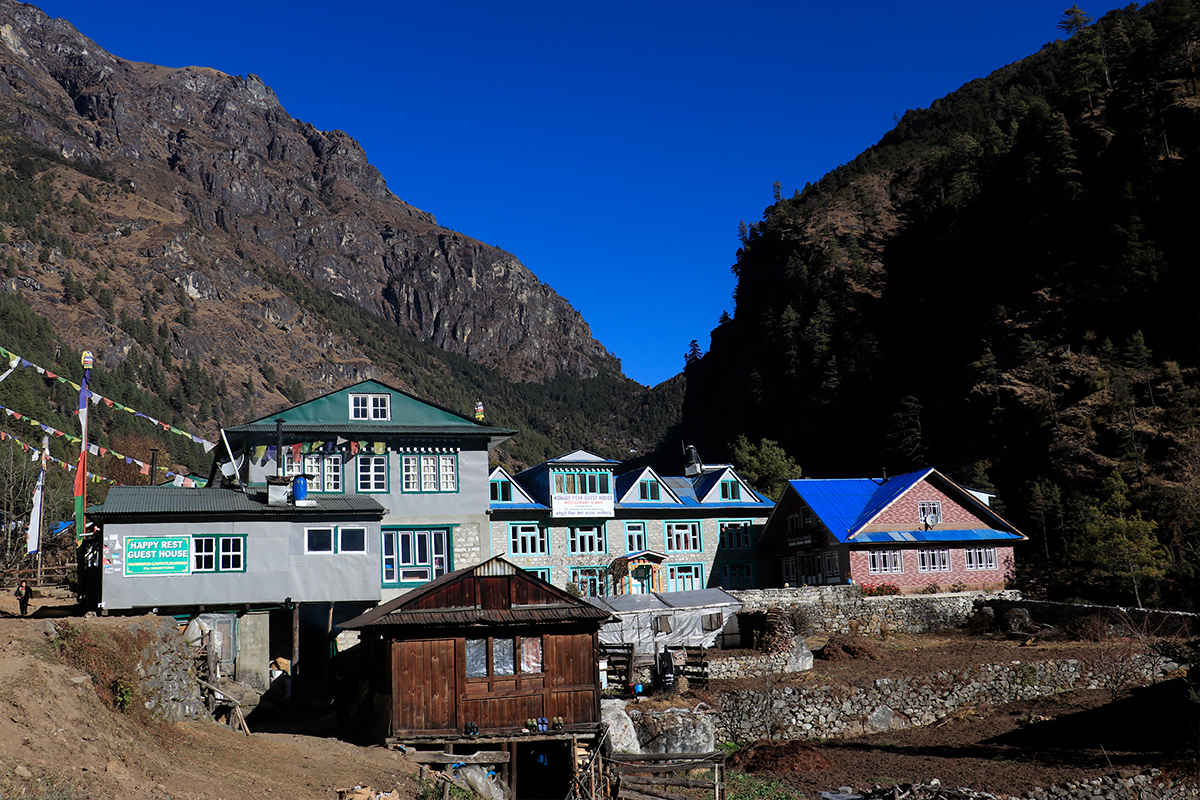
The trek to Phakding starts from Lukla, following an exciting flight over the mountainous landscape. From Lukla, it’s an easy three to four-hour walk, passing through captivating villages like Chheplung, Thado Koshi, and Ghat. Along the way, you'll encounter mani stones, prayer wheels, and a few monasteries, with the Dudh Koshi River accompanying you throughout the walk.
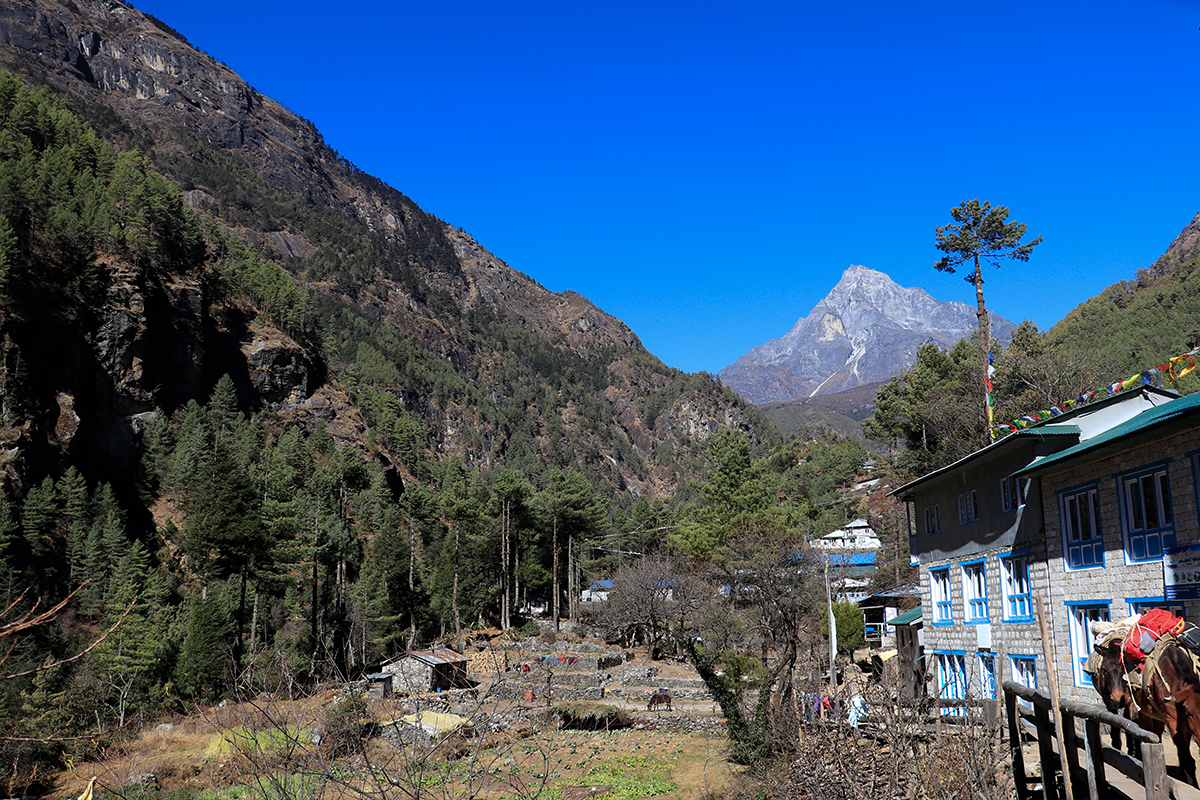
The trek to Phakding is fairly easy, offering a smooth introduction to higher altitudes and the fun of trekking. The village features numerous guesthouses, tea houses, and lodges, providing simple yet cozy accommodations with hot meals, relaxing beds, and even Wi-Fi in most of the spots. After a day of trekking, these places offer a much-needed rest. A suspension bridge spans the Dudh Koshi River, connecting Phakding to the next portion of the journey toward Namche Bazaar. Many guesthouses are run by Sherpa families, who take pride in welcoming trekkers. Evenings spent sharing stories around the fireplace with locals or fellow trekkers are often among the most impressive moments in Phakding.
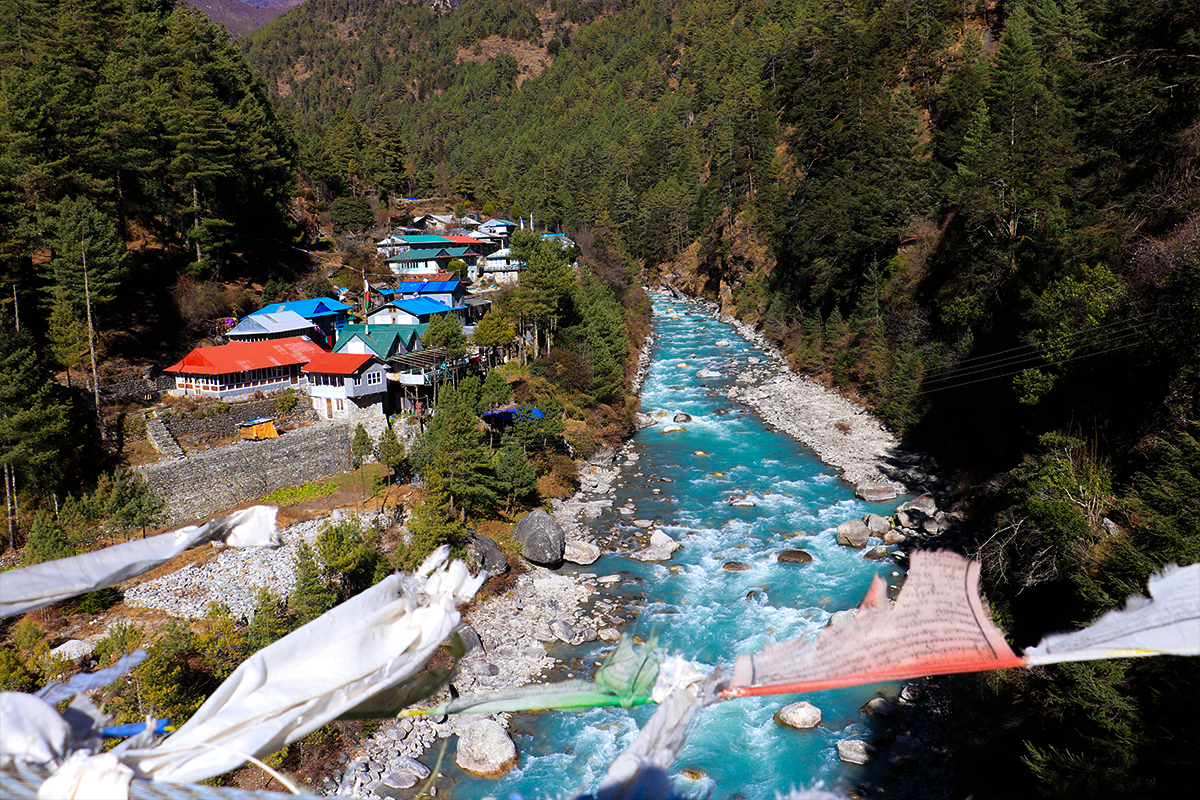
A major attraction in Phakding is the Rimishung Monastery, a small yet peaceful Buddhist site on a hill guarding the village. Many trekkers visit the monastery to enjoy its serene atmosphere, offer prayers, and observe the monks in their daily practices. While Phakding sits at a lower altitude than Lukla, it plays a major role in helping trekkers acclimatize before continuing further into the Everest region. It's a perfect spot to recover from the joy of the first day’s trek and adjust to the altitude at a constant pace.
FAQs
How far is Phakding from Lukla ?
From Lukla, it’s a mild, three to four-hour trek to Phakding, covering a distance of around 8 kilometers (5 miles).
Are there teahouses in Phakding?
Yes, there are a number of teahouses in Phakding with comfortable beds and good Nepali food.
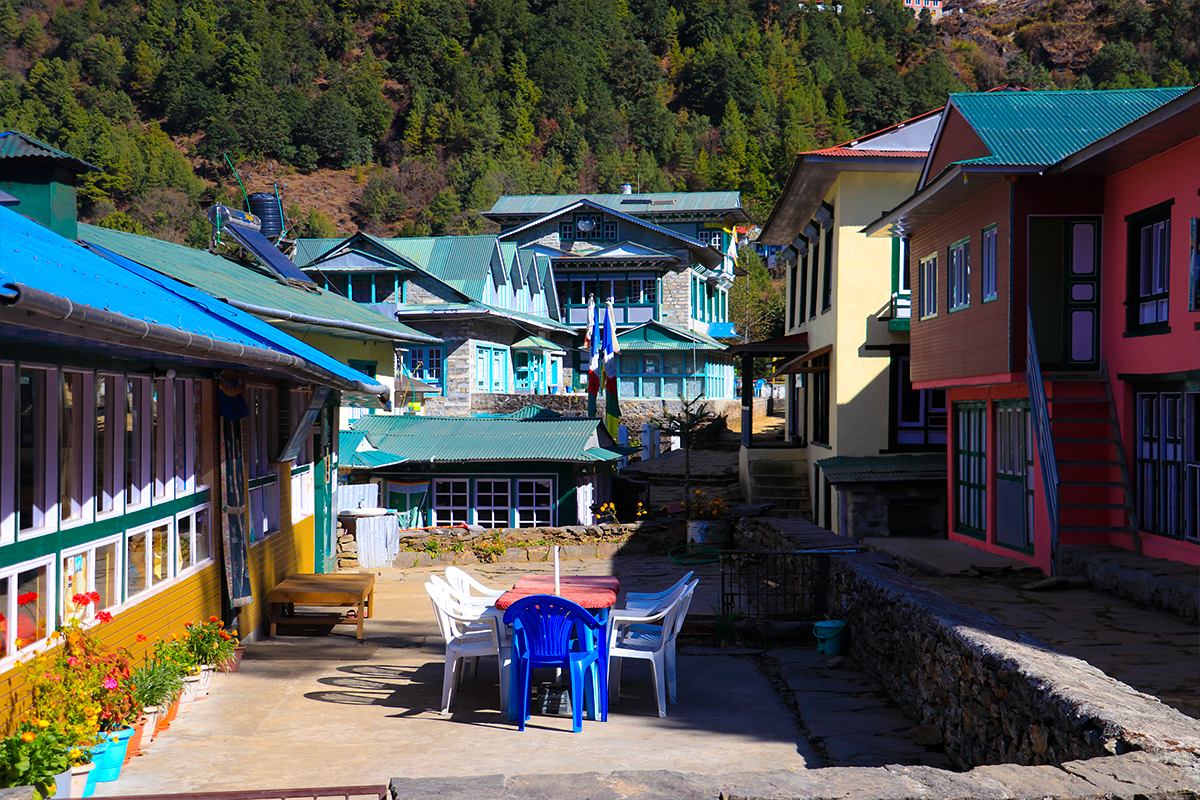
Abhishek Dhital relishes observing the customs and cultures of many regions of Nepal as a travel photographer, blogger, and certified trekking guide. He is a native of Dang, a stunning region in western Nepal. He was raised in the Inner Terai and has always loved to climb up to his hometown's highlands. He moved to Kathmandu after completing his schooling, where he received a bachelor's degree in Travel and Tourism Management from Nepal College of Travel and Tourism Management, Lazimpat. He stated, "When I began studying tourism, I became really attracted to its service approach and made the decision to become a professional tour guide and travel writer.
In 2015, he began his photographic journey. He gradually began traveling and shooting genuine grins and experiences. He is now discovering fresh and original techniques to market Nepal and give his clients first-rated service in the mountains.
He declared, "I am really happy to be a member of Footprint Adventure as I can develop my career in a booming tourism industry where I may get the chance to perform well and prove my abilities accepting challenges and pressures completing the organizational goal." He genuinely believes in the power of nature, and he thinks it can change people's outlooks and lead them to discover their life's purpose.






